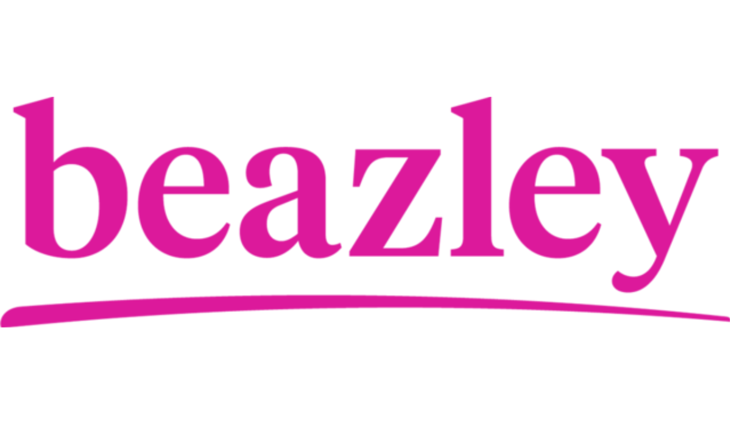 @WikimediaCommons.
@WikimediaCommons.
More insurance companies have left the once 30-member strong Net Zero Insurance Alliance (NZIA), which has seen its numbers drop to just over a dozen after a rush of exits in the past few months.
UK-based Beazley became the latest departure from the group this week.
Last week, Samsung Fire & Marine Insurance and MATMUT (La Mutuelle Assurance des Travailleurs Mutualistes) both dropped out of the group.
This was just days after a bevy of European majors all departed, including AXA, SCOR, and Allianz.
Currently, the group still has industry giants such as Achmea, Aviva, and Generali as members.
Like the other departing companies, Beazley gave little away in its public reasoning.
The departure appears sudden given that Beazley listed in its 2022 annual report that work was ongoing to publish its first targets for NZIA, which were due in July 2023.
ESG has become a political hot-button issue in the US over the past few years
with state governments engaging in several efforts to curb it.
The departures come as the rhetoric around net zero and other climate activity remains polarised in certain places. Utah’s Attorney General celebrated the departure of previous companies from the group as a victory against an “activist climate agenda”, saying that ESG was bad for US consumers. The pressure from US anti-ESG and anti-Net Zero politicians, which could affect US market activities by global insurers, could mean further departures.
ESG has become a political hot-button issue in the US over the past few years with state governments engaging in several efforts to curb it.
On top of this, many European insurers were believed to have departed due to a lack of clarity about the group member’s market share in the industry and whether this would inadvertently breach anti-trust legislation.
This aspect was mentioned specifically by Germany’s Munich Re, one of the first to leave, in the days following a whitepaper on the issue from the German federal financial regulator.
These hot-button issues and fear of US politicisation or antitrust investigations in Europe appear to have created a perfect storm on both sides of the Atlantic and caused the mass departure.
In the US several companies have seen boycotts centred around ‘culture war’ issues in recent months, of which NZIA and the wider ESG label are often considered part of this. Currently, Bud Light and Target are seeing their stock prices hurt by a boycott driven by similar issues.
The publicity around the departures also gained momentum in the previous weeks with big names in the industry such as former Lloyd’s CEO Dame Inga Beale speaking of their dismay at the departures.
“NZIA need to have another look at what their objectives are,
or the alliance will fall apart."
Beale, who has spoken on her belief in Net Zero causes, was quoted at the International Conference for Actuaries in Sydney in late May. “The insurance sector cannot back away from their responsibility to try and meet those Paris Agreement climate targets,” the media quoted Beale as saying in her keynote.
John Neal, Beale’s successor, told Reuters a few days before Beale’s speech that the NZIA must be less prescriptive in its membership rules. “There are five objectives, and you have 12 months to meet one of them and 36 months to meet three of them,” he told Reuters. “NZIA need to have another look at what their objectives are, or the alliance will fall apart."
In the Reuters interview, Neal also stated the marketplace had no plans to leave – however, Lloyd's then announced its departure the next day from the NZIA.
Lloyd’s is the only company so far to take a swipe at the prescriptiveness of rules – though Zurich said in its departure statement that it felt it could do more on net zero issues independently than as part of a group.
The ongoing saga shows the culture war issues are not letting-up in the US in the run-up to the 2024 election, which insurers will have to monitor. It also highlights the difficulty of herding together disparate companies for environmental agreements.
However, with another COP due later this year sure to garner headlines – the NZIA was founded at COP 26 in Glasgow in 2021 – we could see more publicity and insurers return or create new groups under the spotlight.